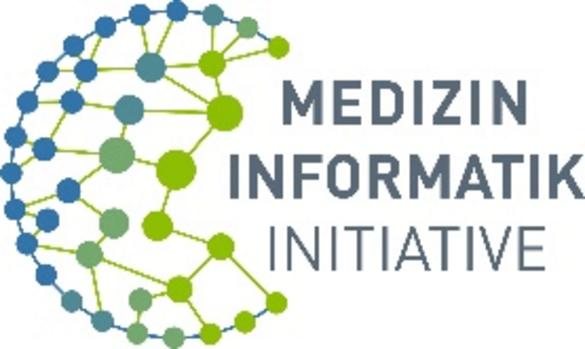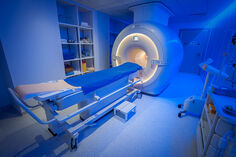Research - Bioinformatics and Systems Cardiology
Post-transcriptional network analysis is one necessary building block to advance our understanding of cardiovascular health and disease. It will open up new medical options.
The Dieterich Lab deals with the processing of genetic information from DNA to proteins. This has often been seen as a straightforward process, in which RNA is only an intermediate product. However, instead of just being an inert carrier of information, RNA is rather an interactive and dynamic information carrier that fulfils a variety of functions. The stability and translational efficiency of RNA are controlled by its secondary structure as well as by interactions with RNA binding proteins and non-coding RNAs such as microRNA or lncRNA. Co- and post-transcriptional processes, such as RNA modifications, can also alter RNA molecules at the base pair level and thus influence the final protein sequence even after transcription. With the rediscovery of the class of circular RNAs (circRNAs), another, still largely unexplored group of RNA molecules has also found its way into the realm of non-coding RNAs. The interplay of all these parts in a large interaction network is now known as post-transcriptional gene regulation and controls numerous processes in our cells. Classically, specific questions or observations from RNA biomedicine are at the beginning of our work.
The Dieterich Lab works on computational and statistical approaches to study
- RNA modifications (i.e. RNA editing and others)
- RNA-RNA and RNA-protein interactions
- Circular RNAs
- Control of translation
- RNA dynamics
- Data integration (OMICS & clinical data)
Our Funding Organisations






![[Translate to English:] [Translate to English:]](/fileadmin/_processed_/2/3/csm_20210614_MedKlinik_004_26a0b1fc8e.jpg)
![[Translate to English:] [Translate to English:]](/fileadmin/_processed_/1/c/csm_Patientenbetreuung_b795e65d27.jpg)

![[Translate to English:] [Translate to English:]](/fileadmin/_processed_/a/3/csm_I_202008040096588_7d1e8a84d4.jpg)